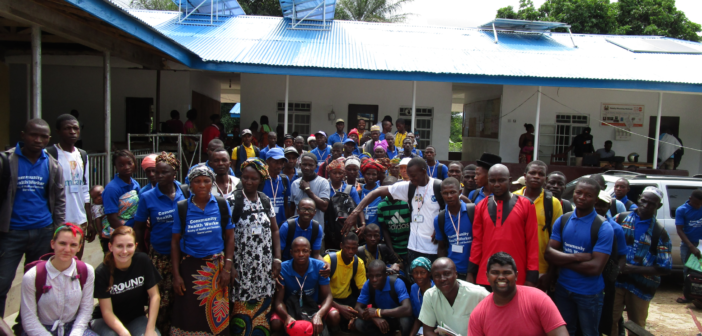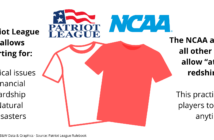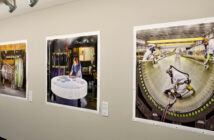Global Social Impact Fellowship, (GSIF) part of Lehigh’s creative inquiry programming, provides undergraduate and graduate students from across all disciplines with the chance to change the world.
No, really.
Student fellows work on sustainable development projects in low-income nations. In spring 2019, there will be eight Global Inquiry to Impact projects in three countries — Sierra Leone, India and the Philippines.
Students work in teams in the spring and fall semesters under the supervision of a faculty member, and travel to their impacted country during the summer to engage in fieldwork.
“We have Lehigh alumni in really good positions that we can leverage to facilitate our student teams to engage in and lead meaningful, authentic projects,” said Khanjan Mehta, the vice provost for creative inquiry and director of the Mountaintop initiative.
Starting in January, all GSIF fellows will take a workshop that applies concepts such as working across cultures, developing business models and identifying needs.
Naakesh Gomanie, ’20, is part of the Ukweli Test Strips project where the group works on UTI Test Strips to help improve maternal health in Sierra Leone. The project’s aim is to develop and market an affordable test strip to screen pregnant women in the country, which has the world’s highest maternal mortality rate.
“This program has given me the opportunity to take my idea and run with it,” Gomanie said. “I have the opportunity to really make an impact in the world and I don’t think any other program at Lehigh offers that.”
Lori Herz, a professor of practice in bioengineering, has been the lead faculty supervisor for the GSIF project focusing on food insecurity and malnutrition in Sierra Leone. She specifically is studying how the rampant issue impacts children under 5 years old.
She said the group is investigating the problem and identifying solutions including nutritious food for children.
Herz said both the spring semester workshop in January and the individual team’s project work will prepare students for the summer fieldwork, where they will lay the foundation to implement solutions. Fellows commit to their team’s project work and a second seminar class in the fall semester to apply skills and knowledge gained from the summer work.
Mehta said most projects are designed to be completed within five years, so if a project is in the beginning stages, this year’s fellows will begin the work to be passed down to the following year’s students to advance their work.
“Taking part in projects like these that truly give students the opportunity to see the lasting impact their work can have on the world is an experience unlike anything else,” Gomanie said
Mehta said this experience is different than work done in a classroom as it is mainly hands-on work. For him, it’s all about the impact.
“Students do a lot of academic work through their courses and this is an opportunity for them to engage in a very different kind of course where they’re working on open ended ambitious projects,” Mehta said. “It’s all learning by doing. (Students) have the opportunity to work on original publishable research and to work on interdisciplinary teams that are trying to bring all these solutions out into the world for a lasting impact.”






Comment policy
Comments posted to The Brown and White website are reviewed by a moderator before being approved. Incendiary speech or harassing language, including comments targeted at individuals, may be deemed unacceptable and not published. Spam and other soliciting will also be declined.
The Brown and White also reserves the right to not publish entirely anonymous comments.